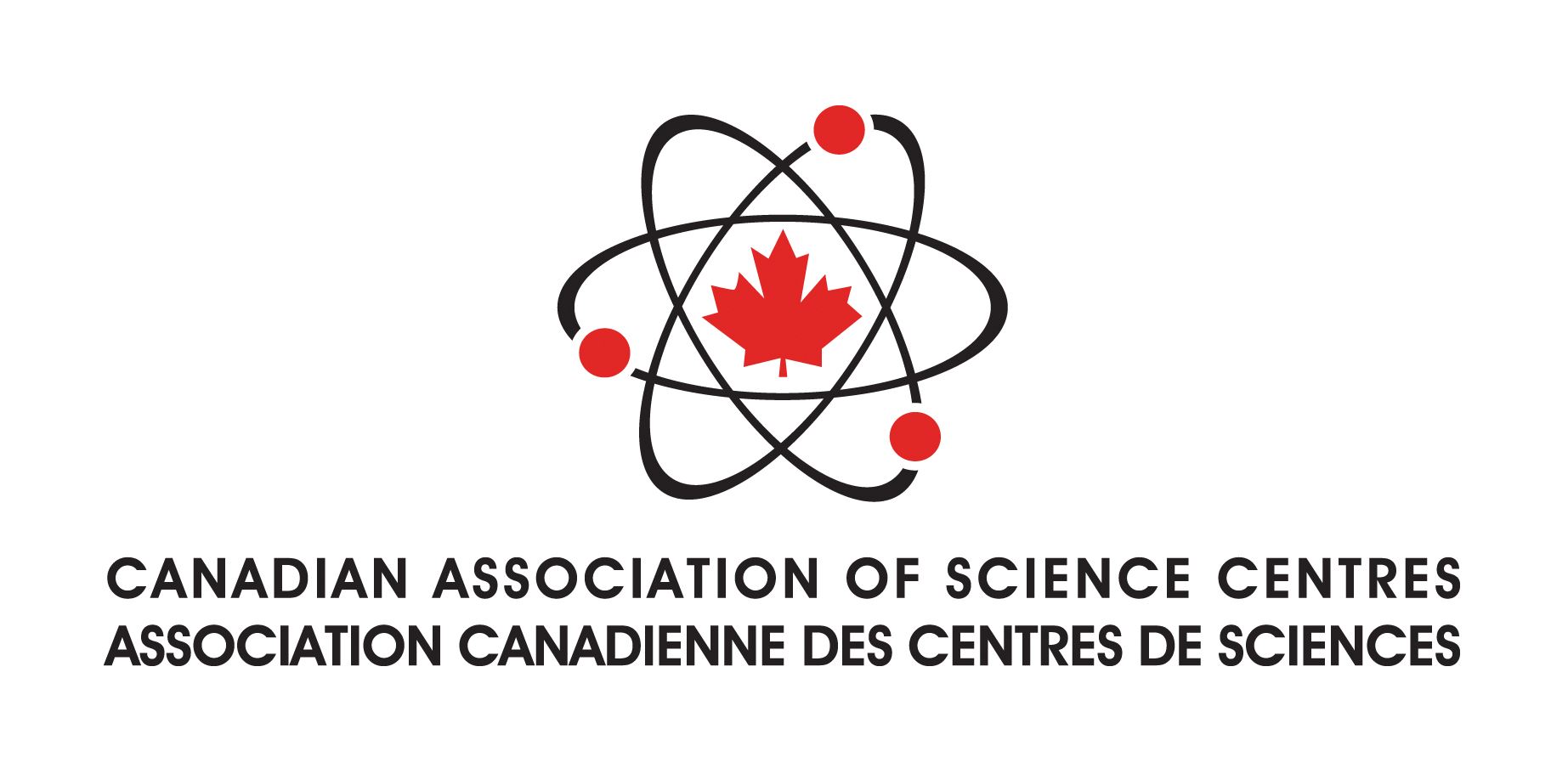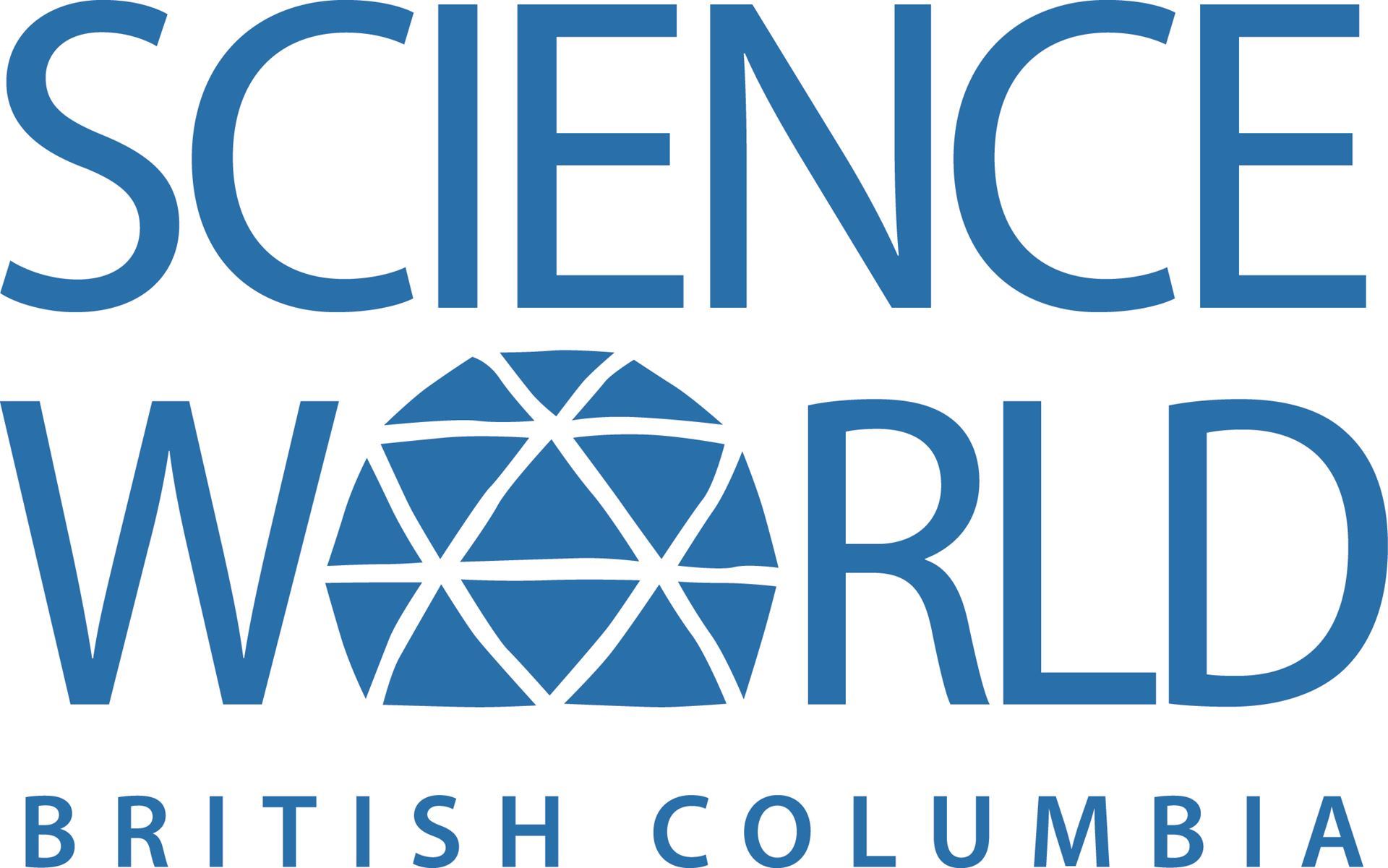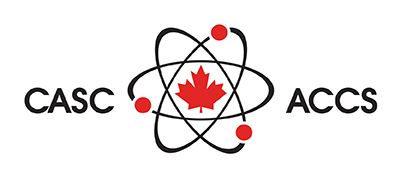NRCan: SCIENCE OUTREACH AND ENGAGEMENT GRANT In 2017/18, Natural Resources Canada (NRCan) and the Canadian Association of Science Centres (CASC) conducted a pilot project to connect NRCan’s science and technology activities with communication to Canadians through Science Centres. In the Fall of 2018, the CASC office issued a call for proposal to expand the scope of the 2017/18 program. For the 2018/19 program, CASC invited proposals from CASC Full Members to obtain a small grant to create new programming or support existing programming that is in line with NRCan objectives.
Grant Recipients The office received twelve applications from which four were selected to receive the Science Outreach and Engagement Grant from Natural Resources Canada. A panel of industry peers was selected and collectively reviewed all of the applications. Through the generous support of The Office of the Chief Scientist (OCS) at Natural Resources Canada (NRCan) each organization was granted $8000.00 to support their programming. The Science Outreach and Engagement Grant from Natural Resources Canada aimed to:
The NRCan Science Outreach and Engagement Grant allowed four unique science communication programs to be supported in the 2018/19 year. The programs ranged from workshops to keynote speakers to outreach activities, all aiming to accomplish the goal of communicating science to a wider audience. By funding these programs, science centres were able to expand and provide novel and profound experiences for people from diverse backgrounds. Feedback from the students participating in the programs indicate a newfound understanding for data collection, science communication, and the issues facing Canada’s natural resources, whereas guests visiting the science centres for outreach events and talks felt a greater appreciation about the scientific topics presented. The programs were also beneficial to the participating scientists themselves, as they felt fulfilled because they were able to connect with an audience that they would not normally. As a result, the NRCan Science Outreach and Engagement Grant strengthened the connection between scientists and the public, setting the stage for the future of science communication in Canada through inspiration, education, and engagement. |
| Canadian Association of Science Centres #1203-130 Albert St. Ottawa, ON. K1P 5G4 info@casc-accs.com |
The CASC office is situated in Robinson Huron Treaty territory and the traditional territory of the Atikameksheng Anishnawbek. We pay respect to their traditions, ways of knowing and acknowledge their many contributions to the innovations in Science, Technology, Engineering and Mathematics. Clearly and overtly this gratitude must be demonstrated in our collective commitment to truth and reconciliation, by working to transform existing relationships, with open dialogue, mutual understanding and respectful collaborations
©2022 Canadian Association of Science Centres |


.jpg)


.jpg)
